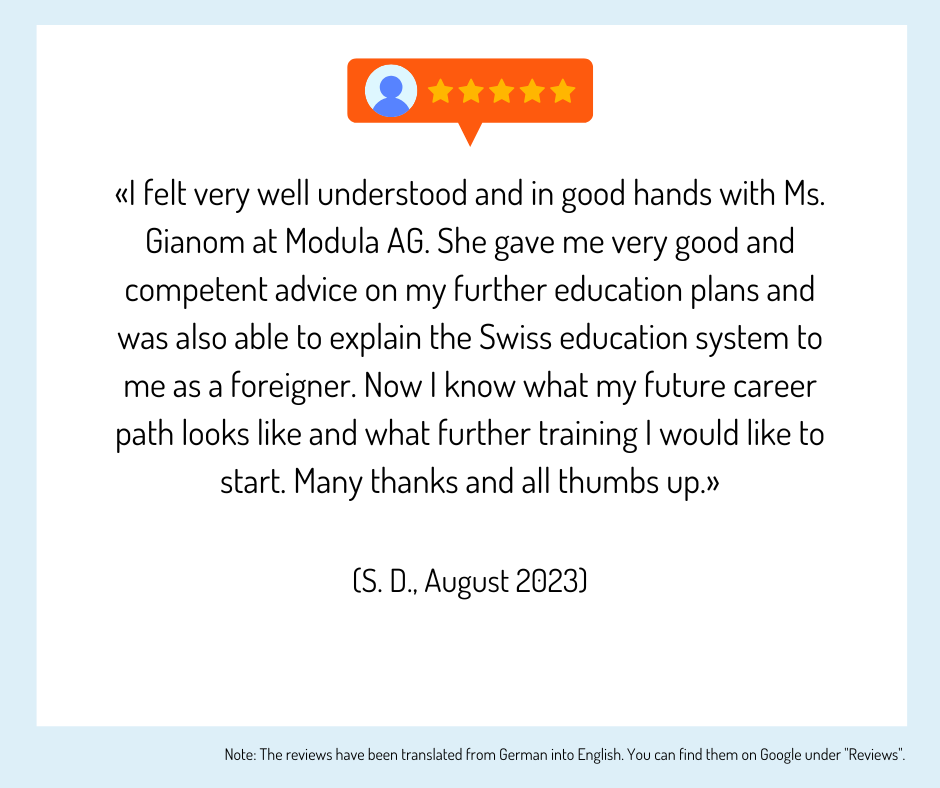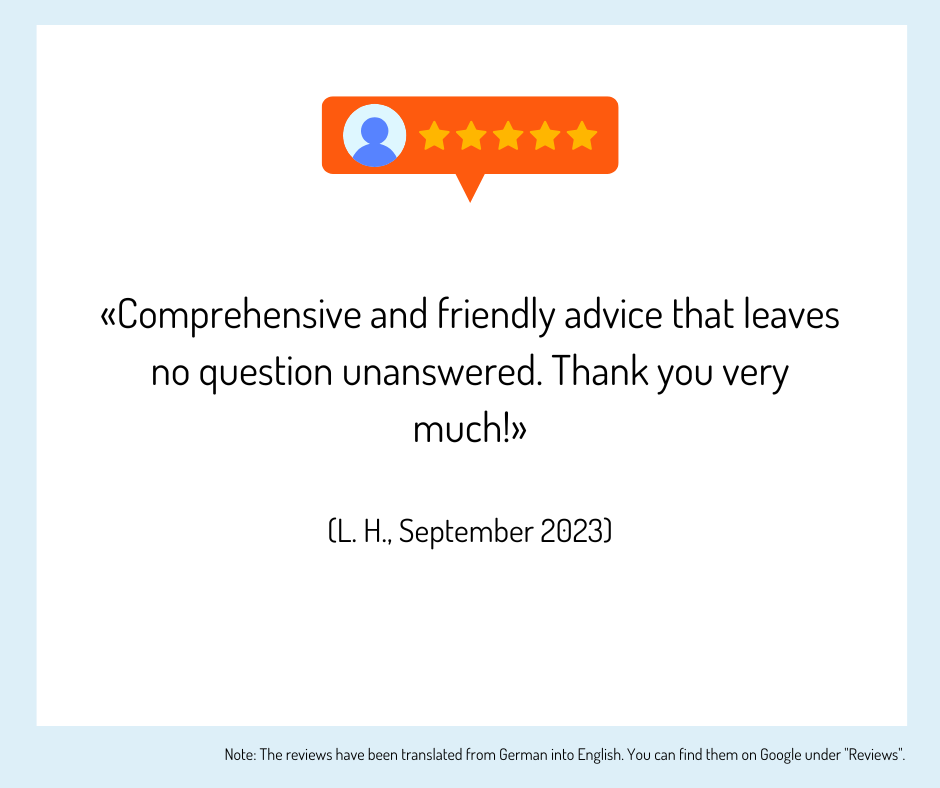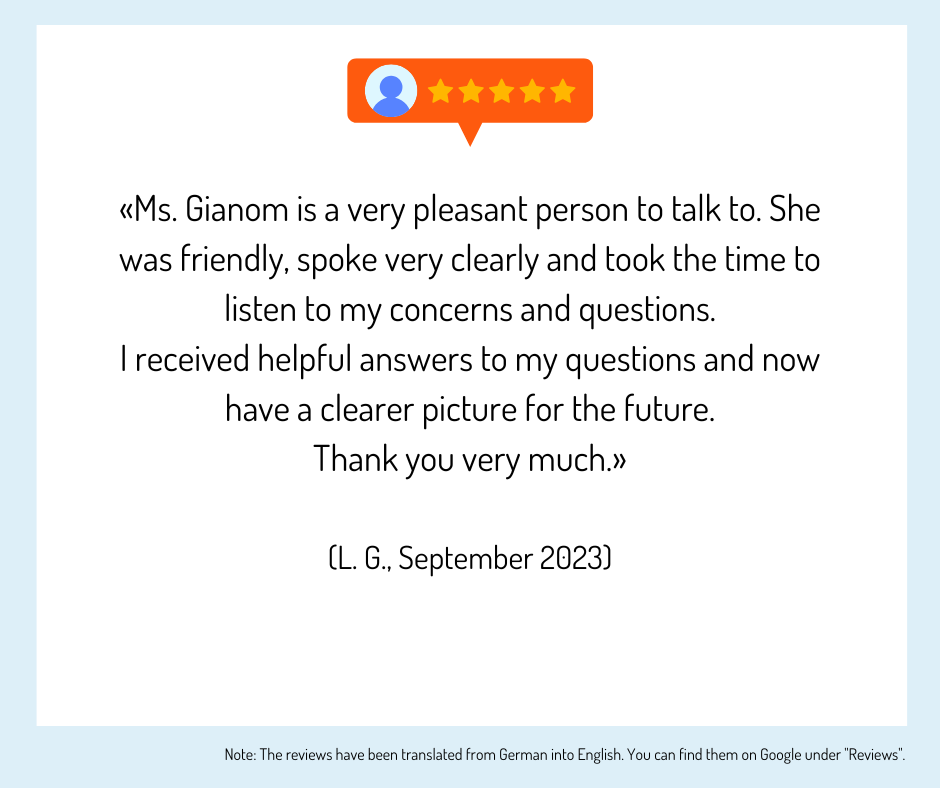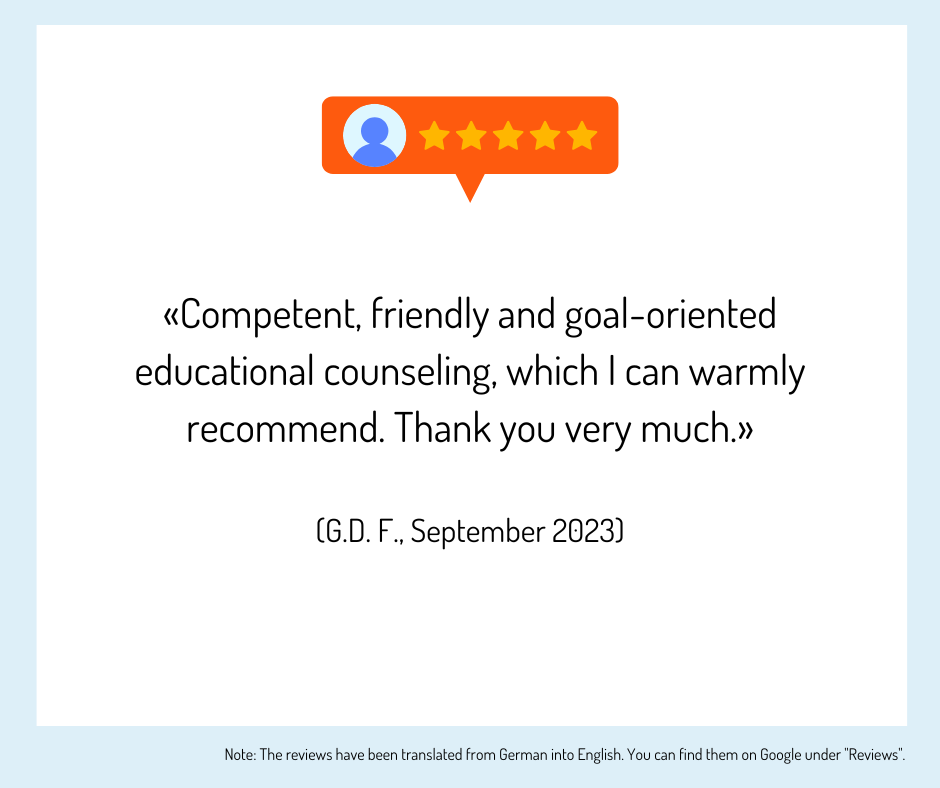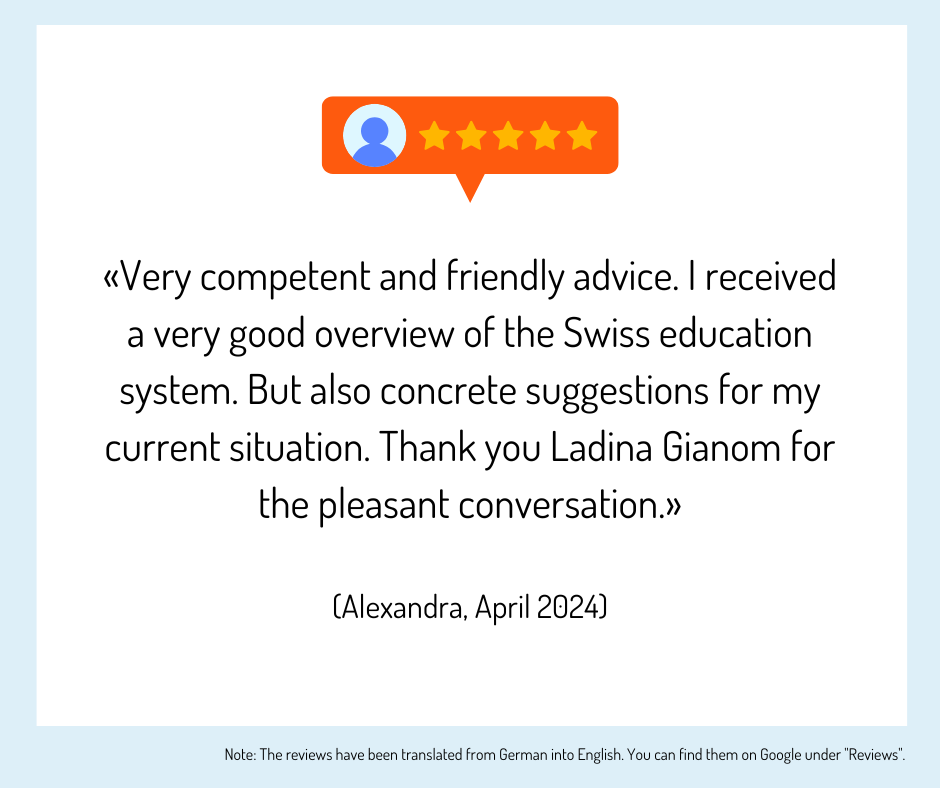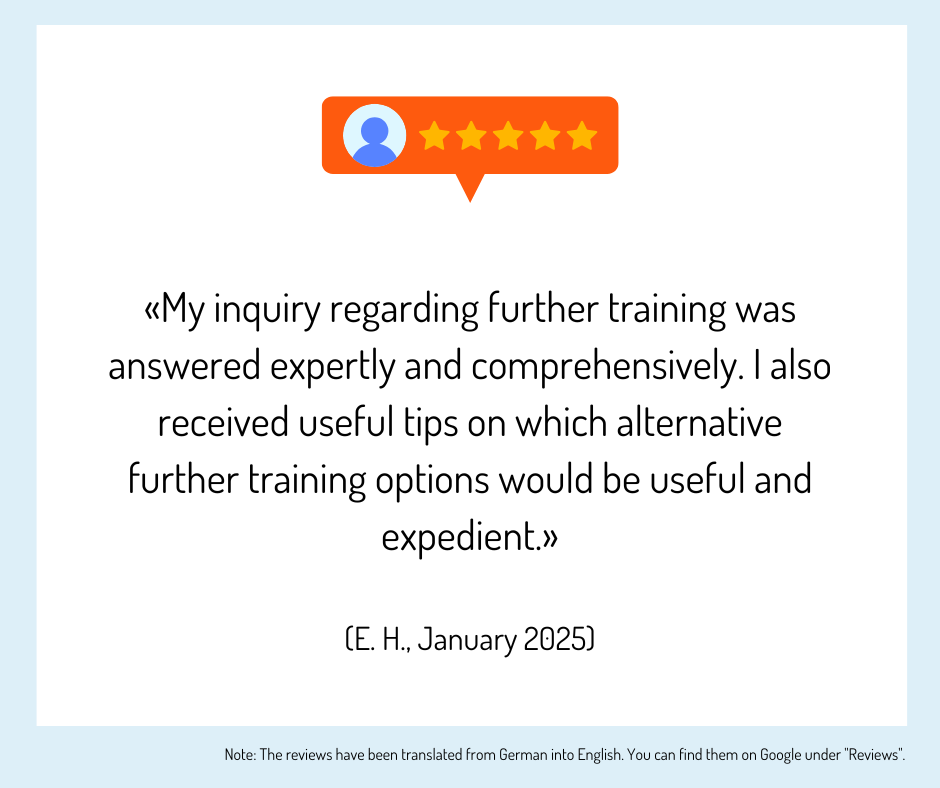Sign language interpreter: studies, training, further training, overview of providers
Curative education studies as a sign language interpreter
Questions and answers
What type of training is the sign language interpreter training program?
In order to be able to work professionally as a sign language interpreter, professional training is required, which is offered in the form of a Bachelor's degree course.
What skills does a sign language interpreter have after graduation?
During the Bachelor's degree program in Sign Language Interpreting, students acquire comprehensive specialist skills, methodological skills, personal skills and social skills. These include the basics of linguistics, translation studies, interculturality and sociology and their application, a command of Swiss German sign language, High German and a Swiss German dialect as well as their translation, transliterating and interpreting, the acquisition of a wide variety of content and extensive background knowledge of history, politics, society, philosophy and ethics. Sign language interpreters are able to apply conflict and problem-solving strategies, work professionally with others, use memorization techniques, apply general working techniques as well as scientific, transcription and evaluation methods. They also practice the code of ethics, are able to adapt to changing situations and integrate their own and others' expectations and values into their interpreting work.
What degree does the sign language interpreting course lead to?
After successfully completing the program, trained sign language interpreters are awarded the "Bachelor of Arts Universities of Applied Sciences in Sign Language Interpreting".
What requirements must students on the Sign Language Interpreting course meet?
In addition to a high school diploma, a vocational baccalaureate, a teaching diploma or a degree from a university of applied sciences, those interested in studying to become a sign language interpreter must also pass an entrance examination, have good eyesight and hearing, understand a Swiss German dialect, speak High German and be resident in one of the sponsoring cantons. In addition, at least 84 DSGS course lessons must be attended by the start of the course, which can be taken individually or as a preliminary course for the course. Persons with other educational backgrounds can contact the head of studies and take part in a separate entrance examination.
What employers does a sign language interpreter have?
Anyone wishing to work as a sign language interpreter must register with the procom Interpreting Agency Foundation and can decide for themselves whether or not they wish to accept any assignments offered.
Does the training to become a sign language interpreter take place on a part-time basis?
The Bachelor's degree course in Sign Language Interpreting is a full-time course, not part-time.
Erfahrungen, Bewertungen und Meinungen zur Ausbildung / Weiterbildung
Haven't found the right training or further education yet? Benefit from educational advice now!
Further training is not only important in order to maintain or increase professional attractiveness, investing in training or further training is still the most efficient way to increase the chances of a pay rise.
The Swiss education system offers a wide range of individual training and further education opportunities - depending on your personal level of education, professional experience and educational goals.
Choosing the right educational offer is not easy for many prospective students.
Which training and further education is the right one for my path?
Our education advisory team will guide you through the "education jungle", providing specific input and relevant background information to help you choose the right offer.
Your advantages:
You will receive
- Suggestions for suitable courses, seminars or training programs based on the information you provide in the questionnaire
- An overview of the different levels and types of education
- Information about the Swiss education system
We offer our educational counseling in the following languages on request: French, Italian, English
Register now and concretize your training plans.
